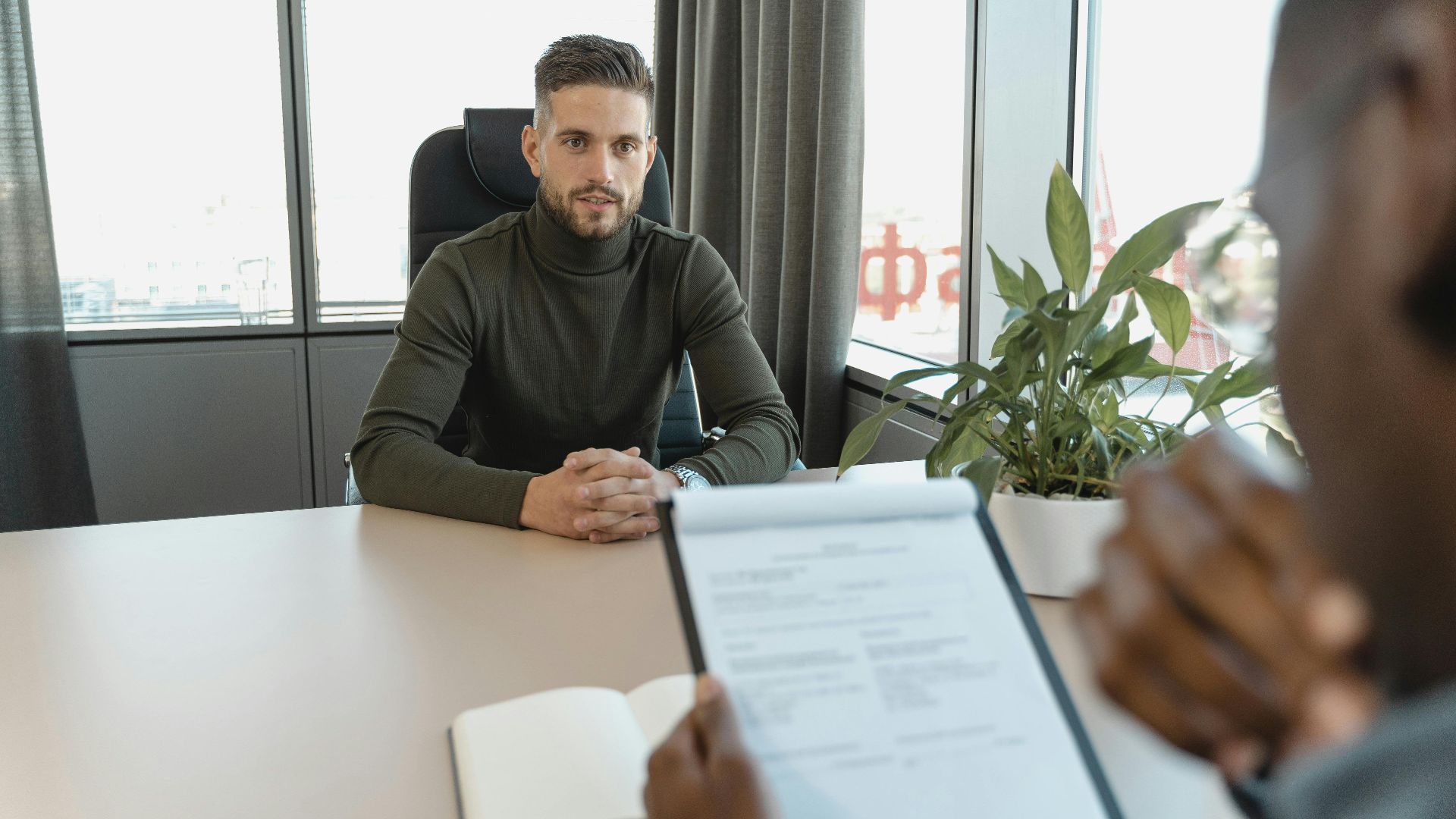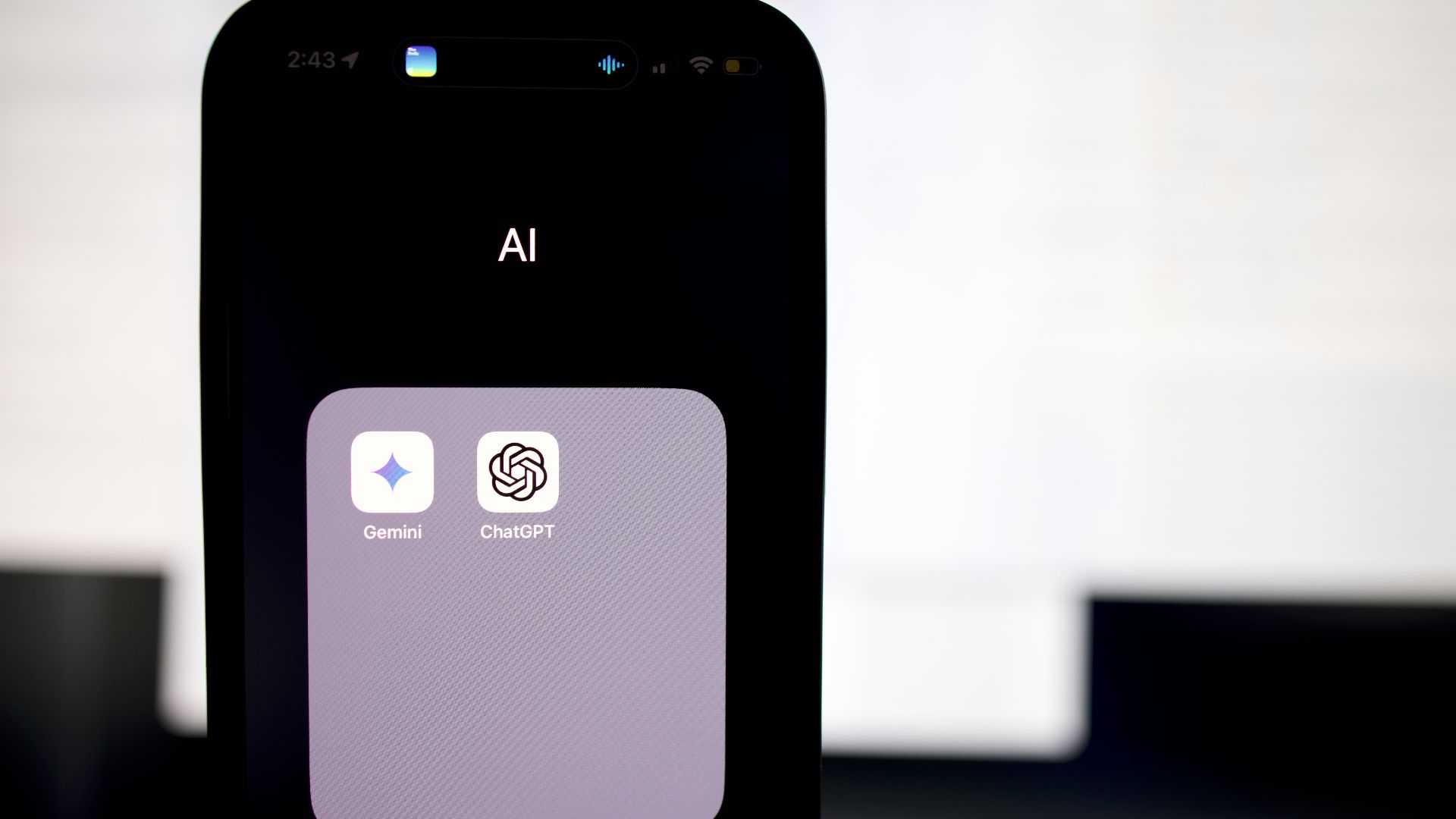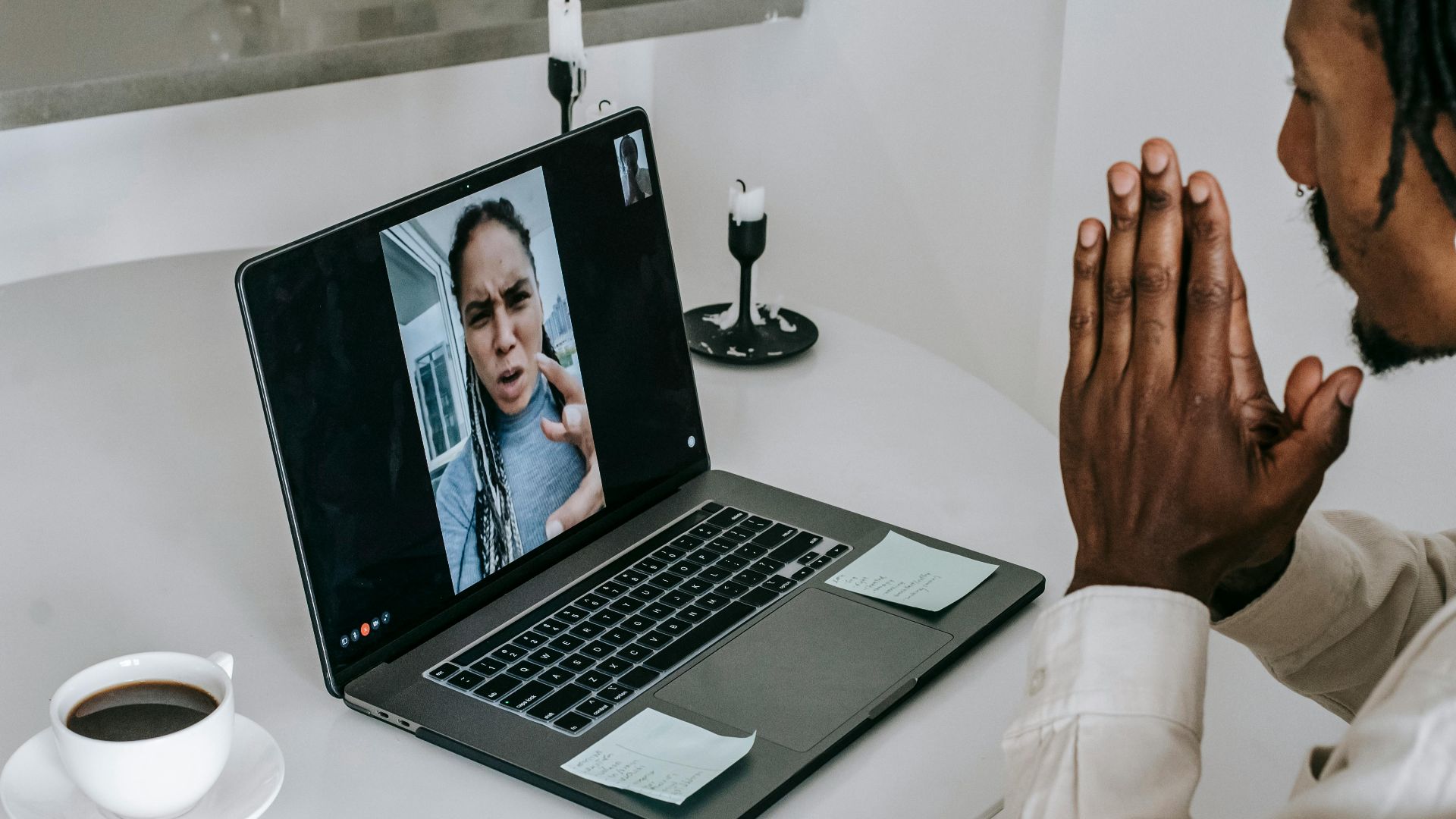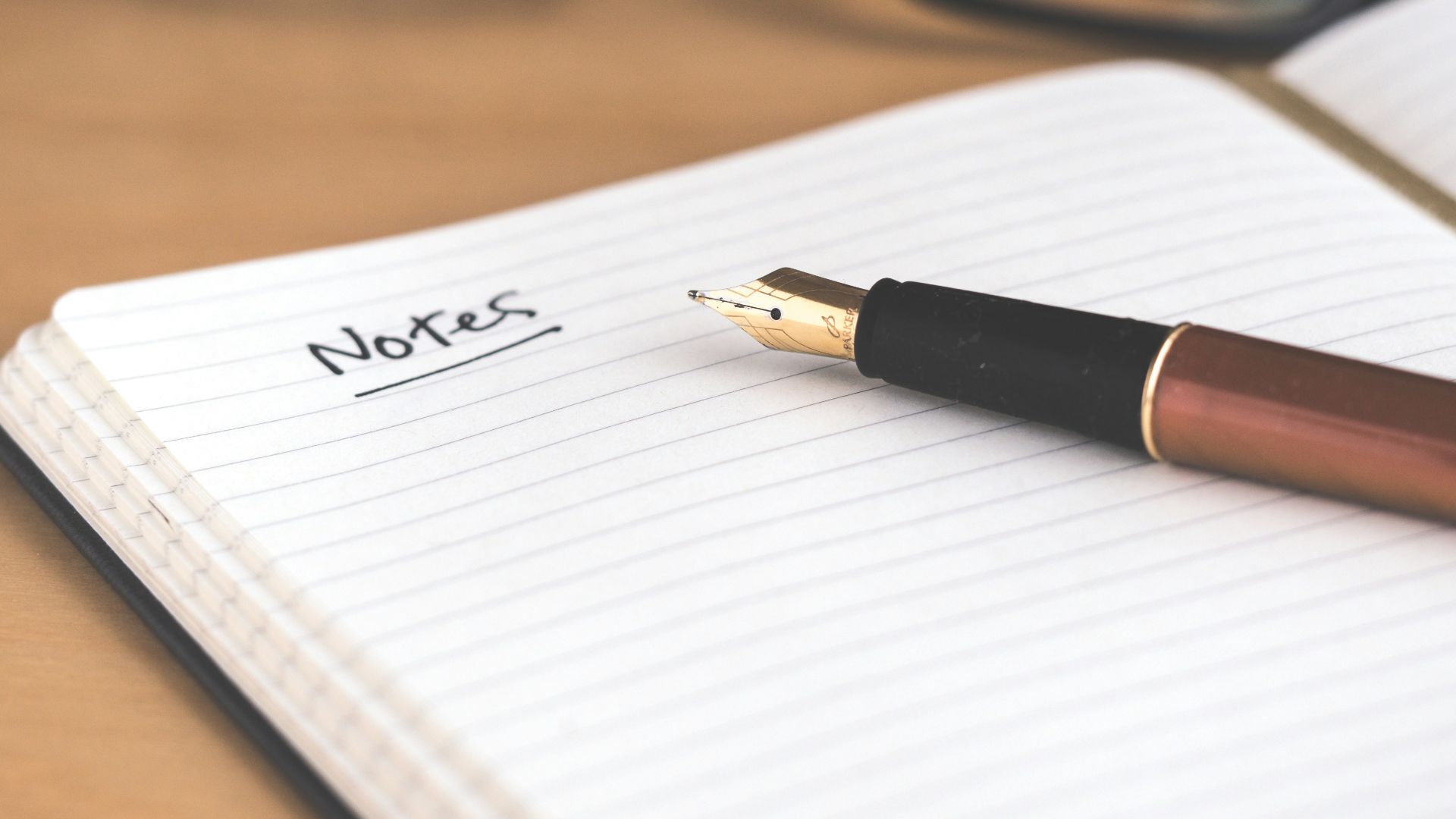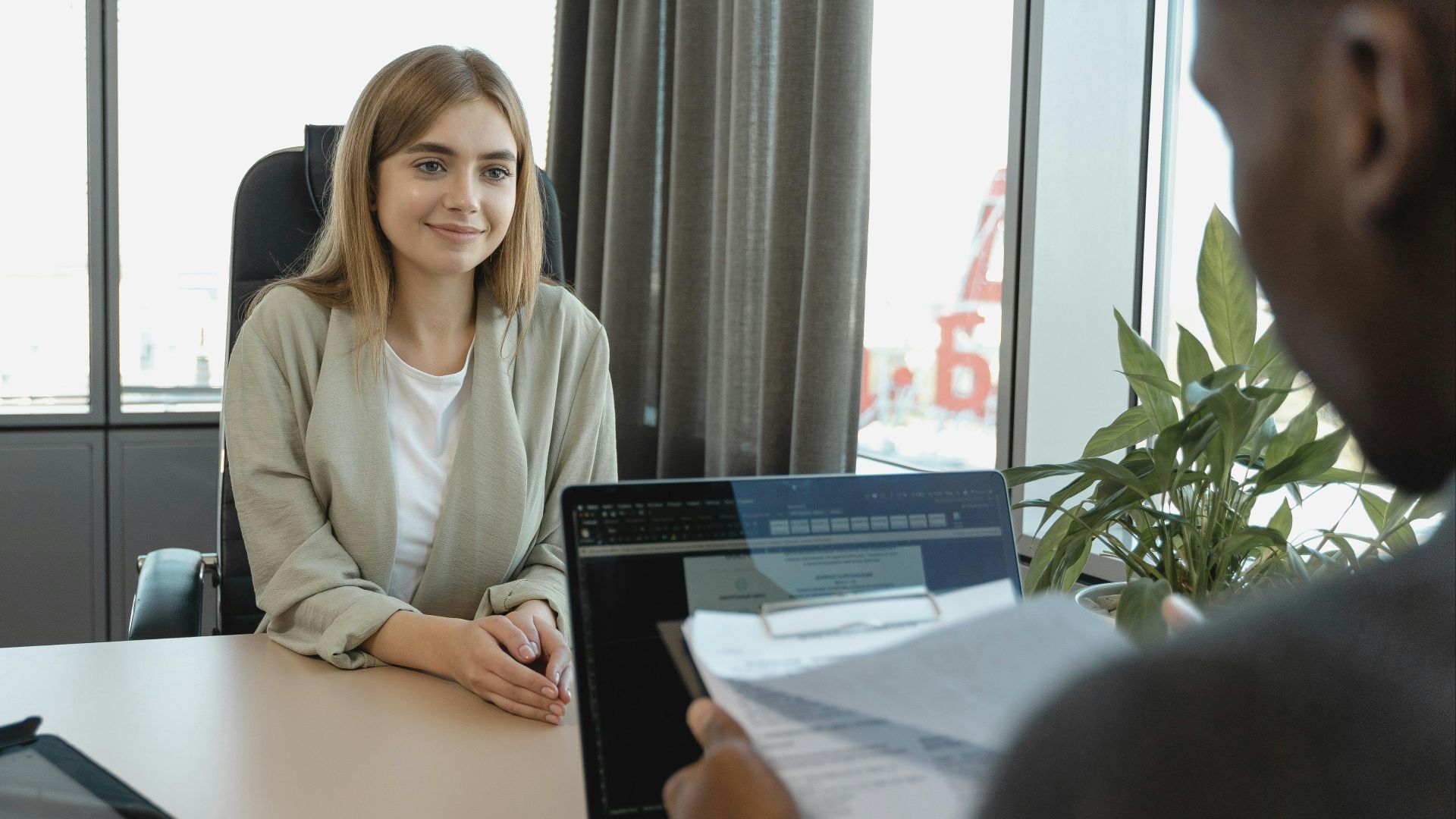Making the Perfect First Impression
You did it—you got an interview invite. But now your heart is racing: how do you ace this interview and secure the job in the bag? Don't worry; we're here to help. Here are 10 common interview mistakes you're probably making—and 10 helpful tips on how to be the perfect candidate.
1. Using AI
Even with the rapid progression of AI (artificial intelligence) tools in our current era, you shouldn't rely too much on them to help you succeed in your interviews. While AI tools can certainly help brainstorm relevant questions you may be asked or tailor your responses before an interview, you should not be using AI during an interview. You might think you can be discreet during video calls, but your interviewer can tell if you're reading off your screen or waiting for AI to generate an answer for you.
2. Bad Time Management
It's not just arriving late that can knock you down a few notches on your potential employer's list—constantly requesting to reschedule will also give off a bad impression. Unless it's an emergency, stick to the time you've both agreed on. If you do need to change the time or date, do so well beforehand and not the night before or morning of.
3. Sounding Too Scripted
We get it: job interviews can be nerve-wracking. You might be scared that you'll ramble or stutter or not answer a question properly. But if you're over-preparing by memorizing a script, your interviewer can probably tell from the cadence of your voice. Plus, preparing this way means you'll be more caught off guard when you need to think on the fly for a question you didn't expect.
4. Not Giving Examples
When your interviewer asks you situational or behavioral questions, this is your time to throw in a relevant example by using the STAR (situation-task-action-result) format. If your answers are short, curt, and you don't build on them with examples, you'll only be hurting your chances of securing the role.
5. Bad-Mouthing Former Coworkers & Employers
Not only should you never bad-mouth former employers, you should also never speak ill of your old coworkers. Unless you have a very acceptable reason to do so (such as harassment or bullying in a workplace), stay cordial and share about your work and how you built on your experience than reveal about the culture.
6. Looking at Your Phone
Looking at your phone or any other device during an interview is considered disrespectful, especially if it's an in-person interview. Keep your devices—including watches—turned to silent so that they don't distract you or the interviewer during your chat.
7. Bad Body Language
If you're avoiding eye contact, sitting slumped, crossing your arms, or just showing plain disinterest, your interviewer is going to mark your posture down as you not wanting the role. Even if you're nervous and feel the need to curl in on yourself, fight through your anxiety and keep your shoulders and spine straight with your head up.
8. Lying or Overly Embellishing
Forgot to research the company? Embellished something on your resume? Potential employers want someone honest and whom they can trust, so lying through your teeth from the get-go will eventually come back to haunt you. Your interviewer would much rather you tell them the truth (but spin it into a positive) than for you to pretend you know something.
9. Asking Overly Personal Questions
You should always ask questions at the end of the interview, but it goes without saying that these questions should pertain to the role you're interviewing for and the company itself. Unless you've already established good enough rapport to ask a random, off-the-script question (like "What vegetable would you be if you were one?") that makes you more memorable, save the overly personal or odd questions for after you're hired.
10. Not Sending a Thank You Note or Following Up
You might think it's unnecessary to send a thank you email after an interview, but this actually builds a good impression and allows you to re-establish your interest. Plus, you can use these emails as a smooth way to follow up with your interviewer after the fact, so that you can keep updated and at the top of their mind.
Looking for quick tips on how to be the perfect candidate? We've got you—keep reading.
1. Dress Confident & Professional
Even if you don't feel confident, you should at least look the part. Make sure you dress in suitable, professional attire for your interview, whether it's in-person or online. The more you feel good about how you look, the more you'll believe it, which will help you do well. Plus, you want to make a good first impression, and that starts with your outfit and aura.
2. Tailor Your Cover Letter
Even if the job posting doesn't mention sending in a cover letter as a requirement, it's still good practice to do so. This shows your potential employer that you're serious about the role, and gives a quick summary of your pitch and what you can offer. Make sure you tailor your cover letters to the specific position and company. Don't send a generic one.
 Glenn Carstens-Peters on Unsplash
Glenn Carstens-Peters on Unsplash
3. Rehearse & Practice Your Interview Before the Actual One
Instead of trying to generate good responses with AI and relying on a script, practice your interview with a friend or family member a few days before the actual one. The more you repeat your answers, the smoother they'll sound. You should also tell your pretend-interviewer to throw in unexpected questions so you can better think on the fly during the real one.
4. Share Relevant Examples
For every question you practice that tries to assess your personality, behavior, and experience, come up with one good example and jot down notes following the STAR format. Sharing relevant examples—and a lot of them—will allow your potential employer to better understand you as a person and what you bring.
5. Interview Them Back
A job interview is a two-way street—you're interviewing them as much as they're interviewing you. After all, you want to make sure that the role suits your skills and experience, and that the company is somewhere you want to work.
6. Maintain Good Eye Contact & Body Language
As we've mentioned, maintaining good eye contact and showing positive body language can go a long way. Put yourself in the shoes of the interviewer and ask yourself: What would you want your perfect candidate to look like when you're chatting with them? Would you rather they have their arms crossed and look bored, or sit up and be thoroughly attentive?
7. Take Notes During the Interview
If you find that your nerves often make you blank during interviews, it might help to take notes. This also shows your potential employer that you're curious, attentive, and willing to learn more, which will leave them with a great impression of you.
8. Reach Out to Current or Former Employees of the Company
Want to stand out even more? Reach out to current or former employees of the company and have a quick chat with them. This will give you a better perspective of what to expect, and your dedication and effort will put you at the top of your interviewer's list.
9. Stay Curious & Enthusiastic
Stay curious, open-minded, and enthusiastic during your interview. If you need clarification, don't be afraid to ask for it. In fact, many interviewers like candidates who ask questions during the conversation, so that there's a good back-and-forth. This shows you're attentive and interested.
10. Be Yourself
The most important tip for being the perfect candidate? Be yourself. Let your personality shine through. You've secured an interview, so you've already captured your potential employer's interest. All you need to do is let them see you be you, and if it's the right fit, then things will work themselves out.


